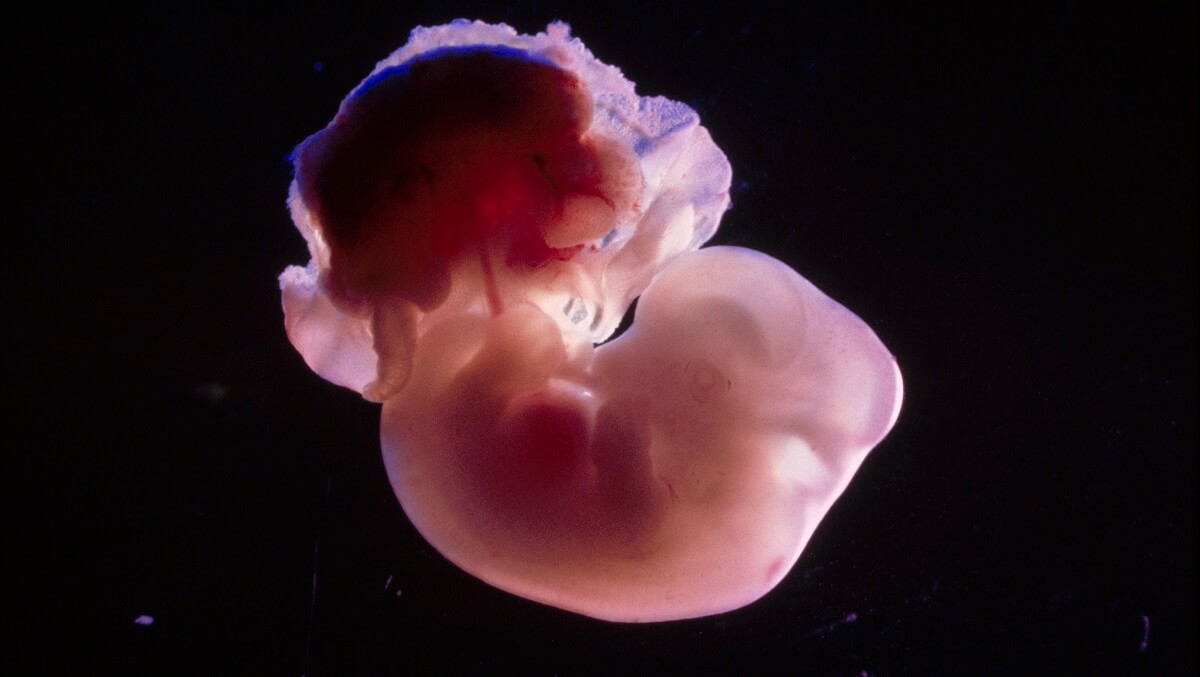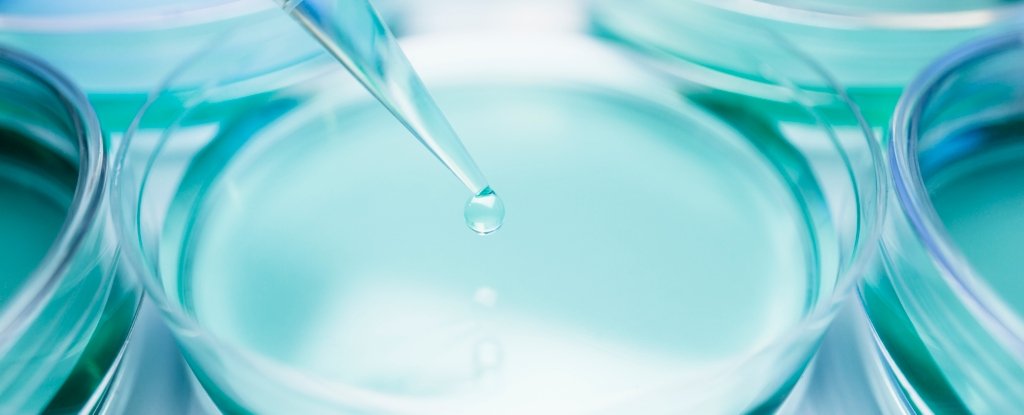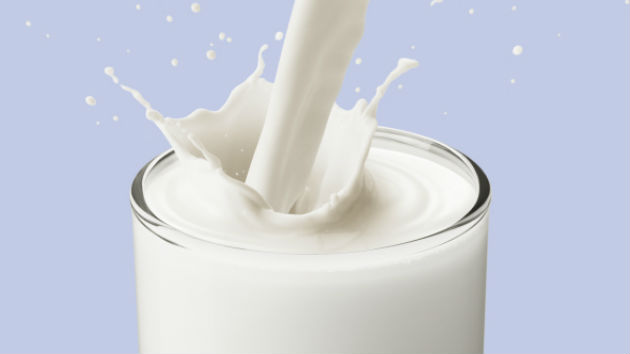
Psilocybin repairs ‘brains cells damaged by depression’ Yale study shows
A new study by researchers at Yale University has shown that a single dose of psilocybin given to mice prompted an immediate and long-lasting increase in connections between neurons.
Psilocybin is a naturally occurring compound found in magic mushrooms and has been touted as a potential treatment for depression in recent years. However, the mechanics of exactly how psilocybin works in the brain and how long beneficial results might last is still unclear.
The research found that the compound increases the density of dendritic spines, small protrusions found on nerve cells that aid in the transmission of information between neurons. Chronic stress and depression are known to reduce the number of these neuronal connections.
“We not only saw a 10% increase in the number of neuronal connections, but also they were on average about 10% larger, so the connections were stronger as well,” said Yale’s Alex Kwan, associate professor of psychiatry and of neuroscience and senior author of the paper.
This latest study follows on from a recent double-blind placebo study by the Centre for Psychedelic Research at Imperial College London, which showed that psilocybin performed just as well at treating depression in patients as the conventional antidepressant escitalopram, when administered in a therapeutic context.















